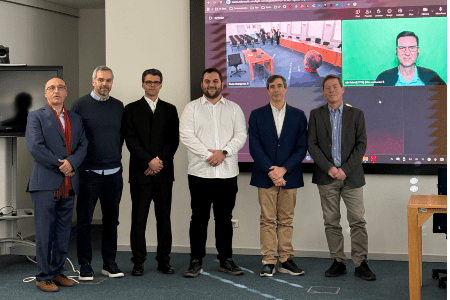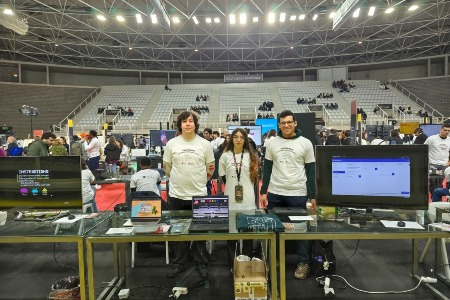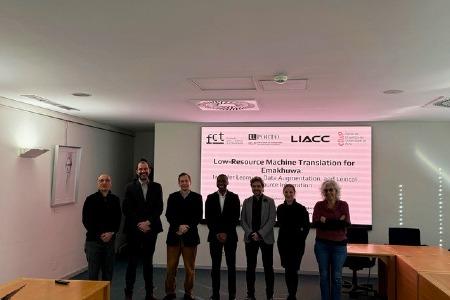The talk “Accelerating ML for Science Applications” will be presented by Prof. Seda Ogrenci (McCormick School of Engineering, Northwestern University) on March the 12th, at 11:00, in room I-105. The session will be moderated by Tiago Carvalho (DEI).
About the Talk:
“Emerging open-source tools and methodologies targeting reconfigurable fabrics hold significant promise for lowering barriers to research, education, and innovation. There are exciting developments in diverse domains where such benefits are demonstrated. This talk will review active domains with needs and applications for real-time ultra low latency ML hardware and how open-source tools need to evolve to provide a multitude of features to enable design of hardware efficient and adaptive ML. As part of this discussion, examples of research directions in adaptive and resilient ML hardware synthesis flows developed in Dr. Ogrenci’s lab will presented.”
About the Speaker:
Seda Ogrenci is a Professor in the Department of Electrical and Computer Engineering (ECE), and in the Department of Computer Science (CS). She is the Director of the Computer Engineering Division of ECE. She has received her PhD degree in Computer Science from the University of California-Los Angeles. She is the co-author of over 140 peer reviewed publications and twelve patents on the subjects of Electronic Design Automation, Reconfigurable Computing, Thermal-Aware High Performance Computing, Computer Architecture, and Instrumentation for Real-Time ML for Experimental Sciences. She is the author of the book: Heat Management in Integrated Circuits: On-chip and system-level monitoring and cooling (Materials, Circuits and Devices). Seda Ogrenci serves on the editorial boards of the IEEE Transactions on Computer Aided Design and ACM Transactions of Reconfigurable Technology and Systems.









